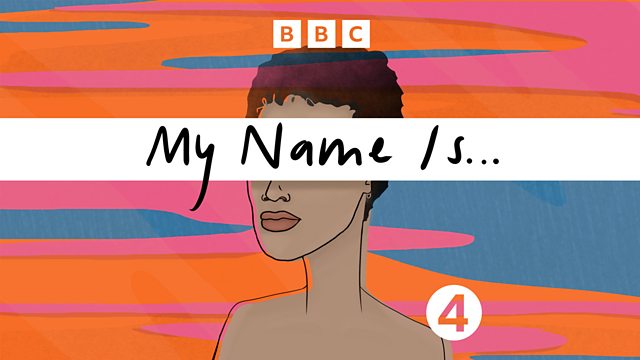My Name Is Courtney
When Courtney was sexually assaulted, police said that the case against her alleged attacker would only proceed if she handed over her phone - she refused, & the case was dropped.
When Courtney was sexually assaulted she never imagined that she would face further violation as police officers asked for access to her phone and everything stored on it - from photos to messages. She was told that if she didn’t agree to their requests the case against her alleged attacker could not proceed. She had five days in which to make her decision and in the end felt that she couldn’t let her most private information find its way into the hands of defence lawyers.
Here she takes up an issue which has caused her great distress and is affecting other rape victims reporting to police in this country. National consent forms, brought in to develop a common approach across all police forces, place a new emphasis on disclosing material. In order to decide what might be relevant police may have to download the entire contents of a mobile and handing over such details requires trust in the criminal justice system.
Critics warn that by focusing attention on what will be asked of the complainant, an impression has been created that victims are under investigation rather than suspects. For Courtney the stress of this invasion of her privacy contributed to post traumatic stress. In this programme she challenges the decision and asks Government Officials, police officers and other victims what they think. And she turns a spotlight on the difficult dilemmas faced in the digital age: who should have access to your most private world and how will any information gathered be used?
Last on
Broadcasts
- Mon 27 May 2019 20:00±«Óãtv Radio 4
- Wed 29 May 2019 11:00±«Óãtv Radio 4

